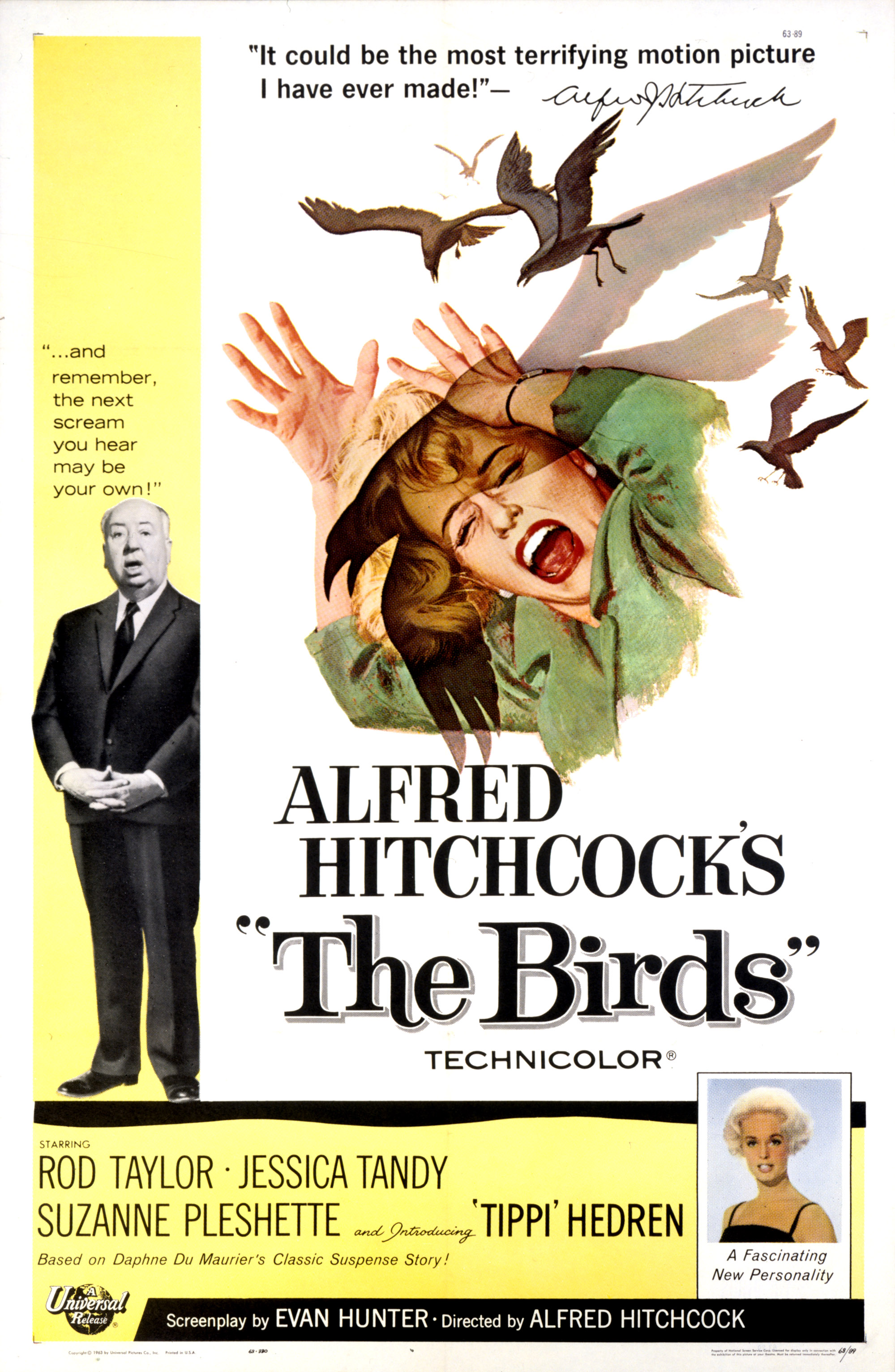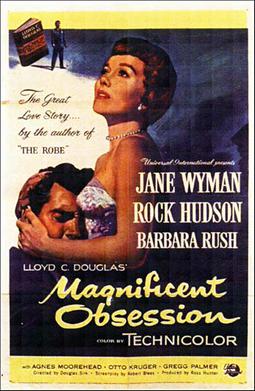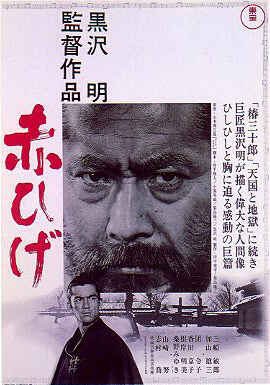Foreign Correspondent was made by people walking on eggs as they worked their way through a minefield. It displays Alfred Hitchcock's gift for witty surprises and edgy suspense, but it was made at a peculiar moment in history: Britain had gone to war against Hitler, but the United States was officially neutral -- thanks to a series of Neutrality Acts forced through Congress by isolationists. Moreover, Hitchcock himself had left his native country, signing a contract with David O. Selznick shortly before the war began in Europe.* So making a film about espionage and the outbreak of war in Europe that stuck to the American party line was tricky business, especially if your director was an Englishman. The surprise is that
Foreign Correspondent turned out as well as it did. The plotting is fairly ramshackle, which is not surprising, considering the number of hands that were put to it: The screenplay is credited to Charles Bennett and Joan Harrison, but there's also a dialogue credit for James Hilton and Robert Benchley, and it's well known that lots of others, including the ubiquitous script-doctoring Ben Hecht, were involved. The romantic subplot involving the titular foreign correspondent Johnny Jones aka Huntley Haverstock (Joel McCrea) and peace activist Carol Fisher (Laraine Day), whose father (Herbert Marshall) turns out to be the villain, is particularly flimsy, but even the central espionage plot, involving an especially obscure MacGuffin, doesn't hold up to close scrutiny. And yet
Foreign Correspondent zips along because Hitchcock's direction distracts us from the niggling inconsistencies. If we ever start to wonder if things make sense, there's a new gag -- a chase through a crowd of umbrellas, a windmill whose blades are turning backward, a new threat on the hero's life, a spectacular plane crash at sea -- to distract us. Or there's a bit of witty casting: Edmund Gwenn, who also played Mr. Bennet in
Pride and Prejudice (Robert Z. Leonard) in 1940 and later became one of the more beloved embodiments of Santa Claus in
Miracle on 34th Street (George Seaton, 1947), here plays a murderous Cockney, and the usually villainous George Sanders is the stalwart if cynical good guy named Scott ffolliott, complete with funny story about why his surname is spelled without a capital letter. So much is going on in
Foreign Correspondent, in short, that thinking too closely about its plausibility feels irrelevant. Despite the pressures to keep the film's message neutral, at its end there's a sense that even isolationist America is about to yield to reality, with a stirring speech, written by Hecht, urging the United States to "keep the lights burning."
Foreign Correspondent received a best picture Oscar nomination but lost to Hitchcock's other film of the year,
Rebecca.
*Hitchcock's American stay was much criticized in Britain, although he didn't become a citizen of the United States until 1955. His absence from Britain, especially during the war, may be one reason why, even though he retained dual citizenship, he was not knighted by Queen Elizabeth II until the year of his death, 1980. In 1943 and early 1944, partly in response to the criticism, he went to Britain to make two short propaganda films for the British Ministry of Information. Both of them,
Aventure Malgache and
Bon Voyage, were in French and were designed to be shown to the Free French forces as morale boosters for the Resistance, although whether they were actually released as such is unclear. After the war they disappeared into the British National Archives and were not rediscovered until the 1990s, when Hitchcock scholars retrieved them for public showing and video release. The story of
Aventure Malgache is framed by a group of actors putting on their makeup. One of them remarks on how much another of the group resembles a Vichy official he knew when he was in the Resistance on Madagascar. The official had the actor imprisoned, but after the Vichy government was ousted by the Battle of Madagascar in 1942, the official hid his portrait of Pétain, hung a portrait of Queen Victoria, and stuck his bottle of Vichy water in a cabinet -- perhaps an echo of Claude Rains's dropping the Vichy bottle in a wastebasket in
Casablanca (Michael Curtiz, 1942).
Bon Voyage is a more complex narrative about an RAF pilot who is shot down in France and is aided in his return to Britain by the Resistance -- or so he thinks. When he reaches London he learns that the supposed Resistance man was actually a German counter-spy using him to unmask real members of the Resistance. Neither film is first-rate, though both, especially the unreliable narrative of
Bon Voyage, show the sure-handedness of an experienced director.























